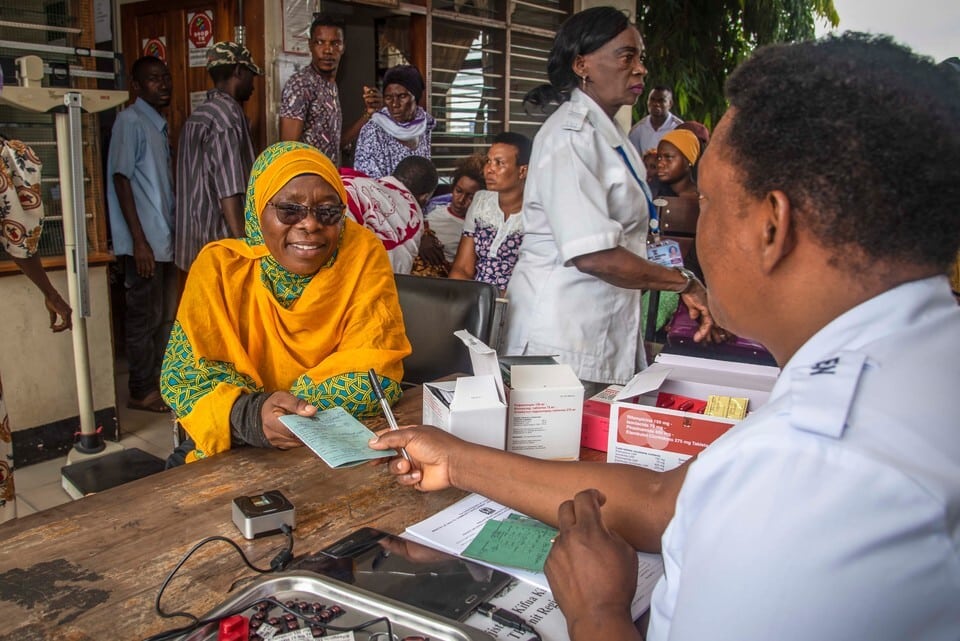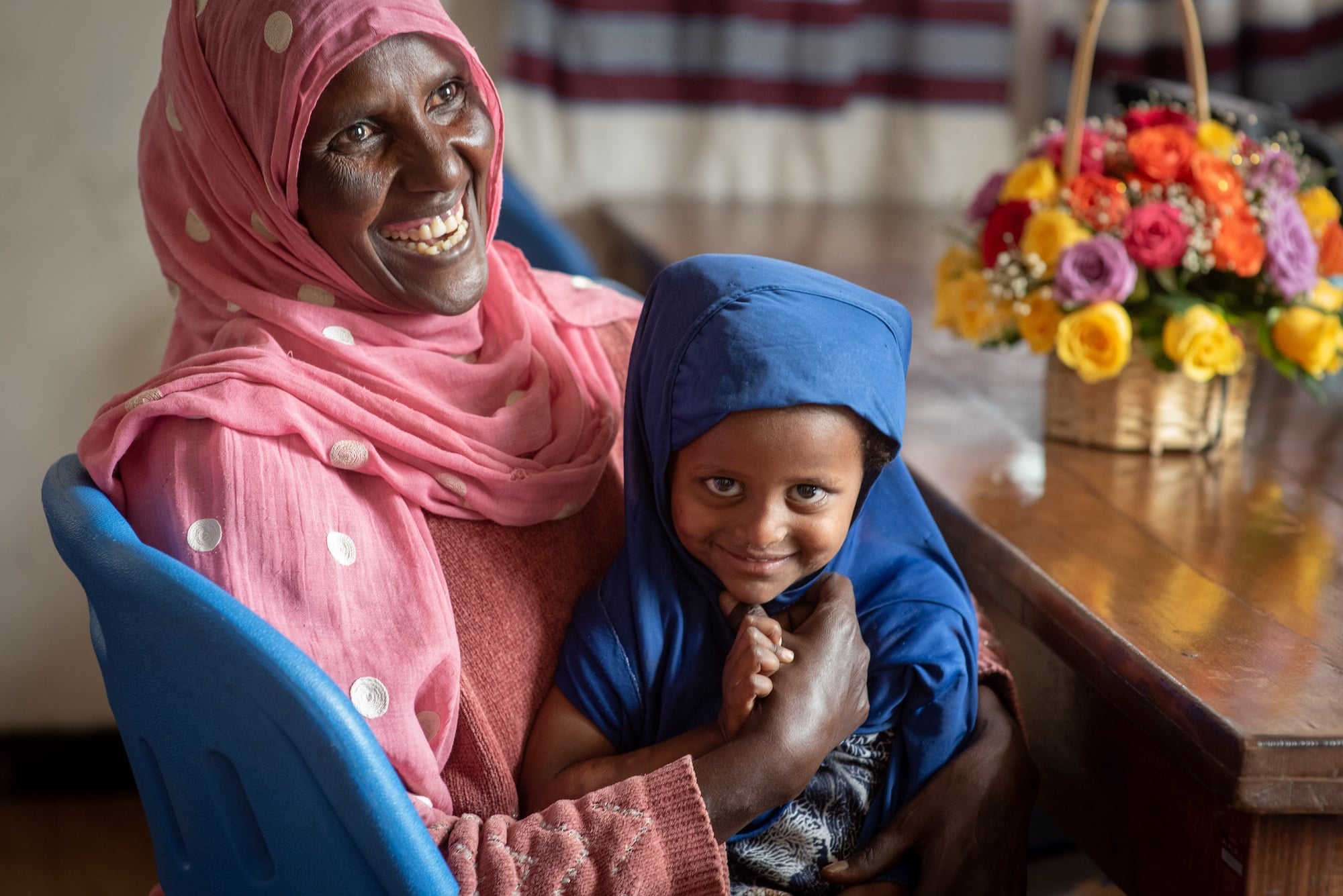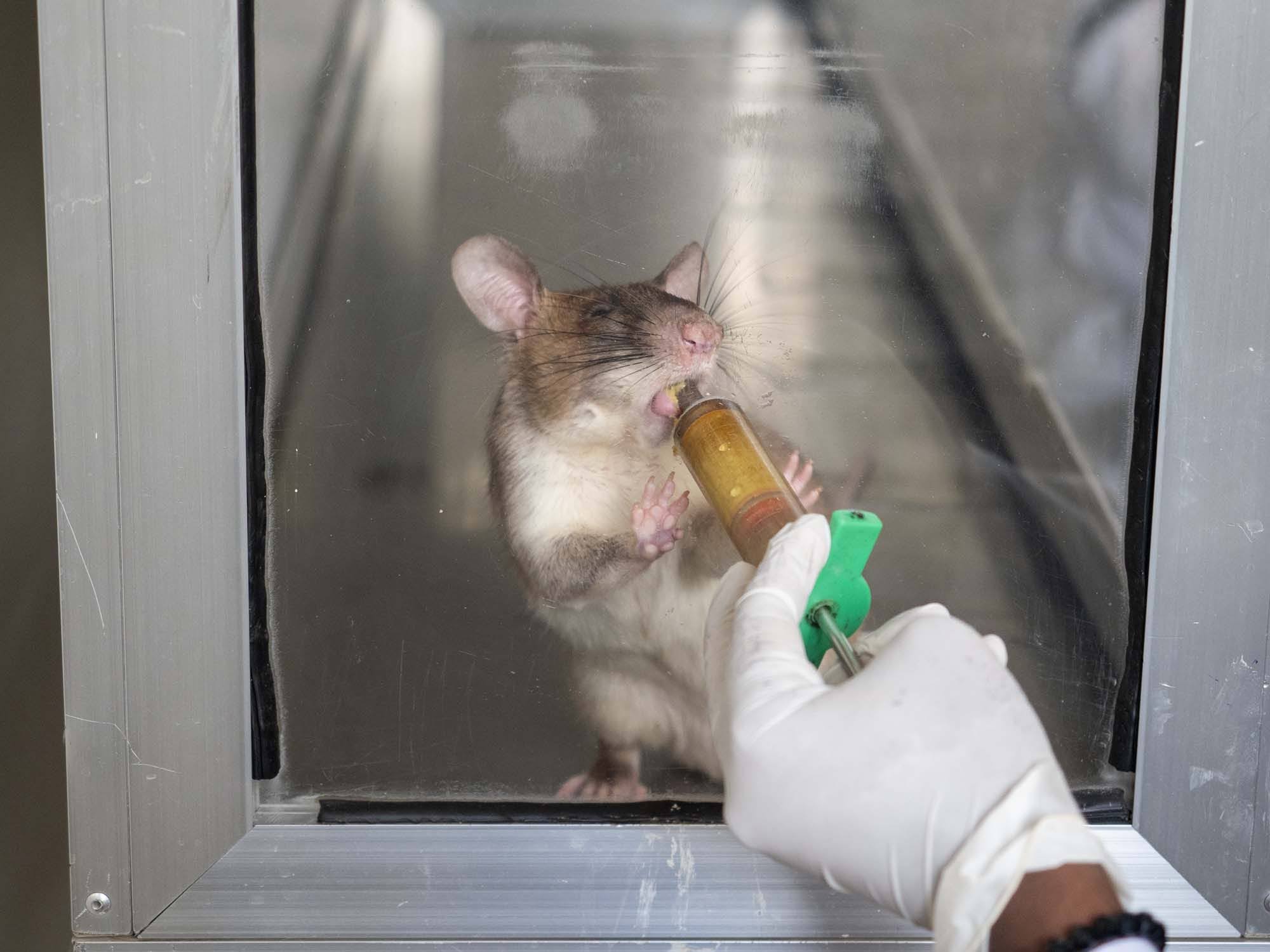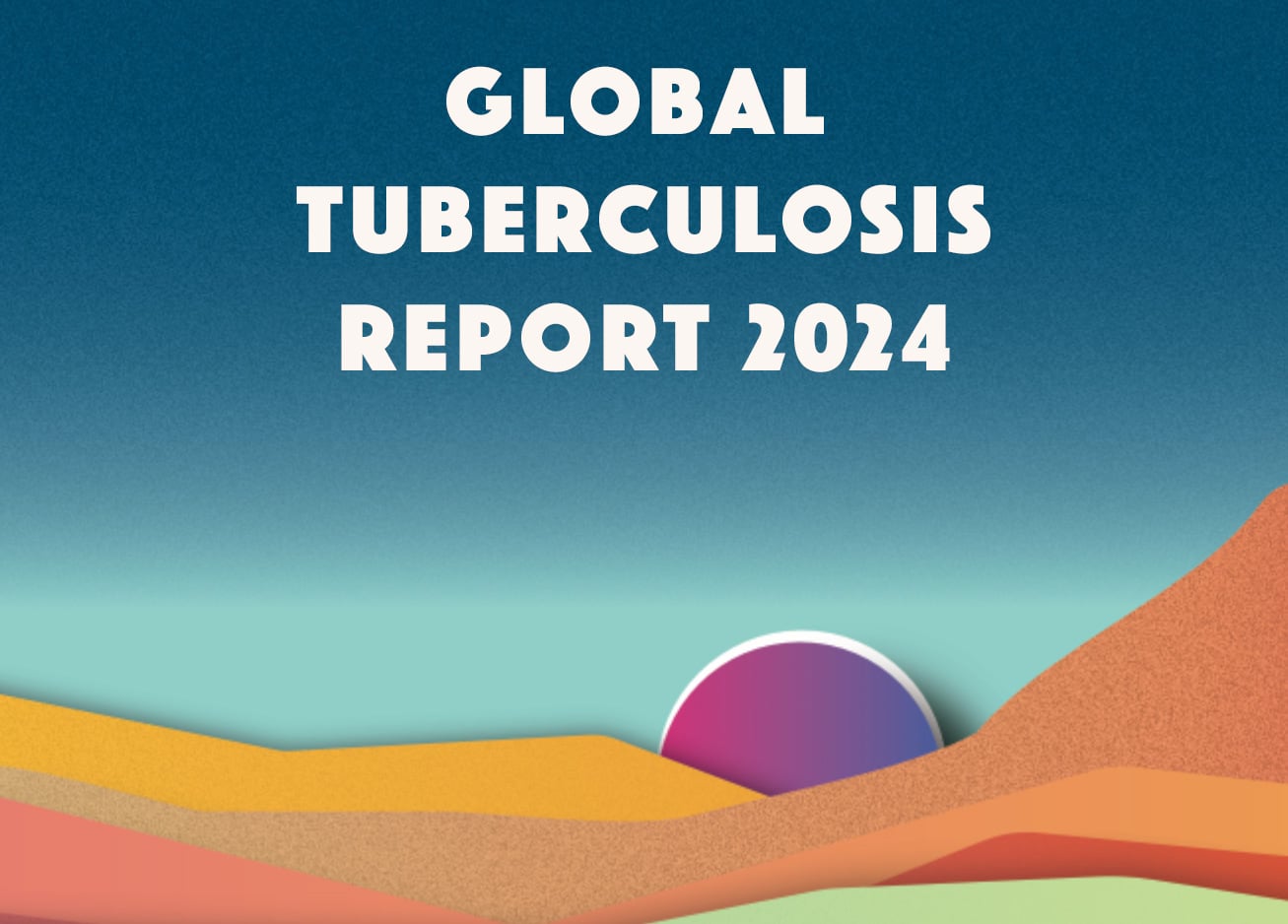The World Health Organization (WHO) released its Global TB Report 2024 on October 29, presenting the latest data on the state of tuberculosis (TB) worldwide. With TB now likely to have reclaimed its place as the leading infectious disease killer globally, surpassing COVID-19, the report highlights both progress and persistent challenges in the global fight against this preventable disease.

Below, APOPO provides its perspective on the report’s findings, along with insights from Dr. Tefera Agizew, APOPO’s Head of TB.
Key Insights from the 2024 Global TB Report
The 2024 Global TB Report reveals several critical trends that signal the need for urgent and coordinated action:
- Minimal Reduction in TB Incidence:
- The global incidence of TB has decreased by only 8.3% since 2015, falling well short of the 50% reduction target set for 2025. This limited progress highlights the ongoing challenges in effectively controlling TB transmission, especially in high-burden countries.
- Slow Decline in TB Deaths:
- TB deaths have declined by just 23%, far below the target of a 75% reduction. This slow progress suggests significant gaps in timely diagnosis and effective treatment, leading to preventable loss of life.
- Economic Burden Remains High:
- The report shows that 49% of TB-affected households continue to experience catastrophic costs due to the disease. This financial strain remains a major barrier to accessing care, despite the goal of reducing this figure to 0%.
- Gaps in Diagnostic Coverage:
- Despite targets set at the 2023 UN High-Level Meeting on TB for 100% of TB patients to be initially tested using WHO-recommended rapid tests by 2027, only 48% currently receive such testing. Many countries still rely on less sensitive methods like sputum-smear microscopy, limiting the effectiveness of early diagnosis efforts.
APOPO’s Perspective: Comments from Dr. Tefera Agizew
Dr. Tefera Aigizew, APOPO’s Head of TB, emphasized the urgent need to address the report’s findings, particularly the fact that while TB rates are declining, the slow pace of progress means it continues to pose a significant global health threat. “The WHO’s latest report is a clear signal that the world needs to refocus its efforts on TB. The fact that TB is now back as the leading infectious disease demonstrates the critical need for enhanced prevention, diagnosis, and treatment, especially in countries with high TB burdens like Tanzania and Ethiopia,” he said.
Regional Trends: Tanzania and Ethiopia
The report provides a closer look at high-burden countries, including Tanzania and Ethiopia, where TB control efforts have faced differing challenges:
- Tanzania: The country has shown progress, with a 6% decline in TB incidence (from 195 to 183 per 100,000 population). While more effort is needed to find and treat TB cases, this positive trend highlights the impact of sustained TB control strategies, including innovative diagnostic approaches championed by APOPO.
- Ethiopia: In contrast, Ethiopia’s TB incidence has risen by 16%, increasing from 126 to 146 per 100,000 population. Adjustments made in data reporting post-COVID-19 have revealed a troubling upward trend, indicating the need for improved diagnostic and treatment measures.

Ethiopia’s decision to conduct a national TB prevalence survey as of September 2024 is seen as a vital step towards understanding the true burden of TB in the country. According to Dr. Agizew, “Ethiopia’s commitment to carrying out a TB prevalence survey is an important development. This initiative will provide crucial data to guide future TB control efforts, and APOPO is ready to support with our innovative diagnostic tools and expertise.”
Addressing Diagnostic Gaps: APOPO’s Innovative Solutions
One of the key issues highlighted in the report is the significant gap in diagnostic coverage, with nearly half of TB cases not being initially tested using WHO-recommended rapid tests.
APOPO’s African giant pouched rats (aka HeroRATs) serve as an advanced second-line diagnostic tool in the battle against TB. When initial screenings using standard methods return negative results, the trained rats step in to re-examine the samples. The rats are skilled at detecting the unique scent of Volatile Organic Compounds associated with TB. They rapidly sniff through the samples and alert handlers to those they suspect may be positive. Any samples flagged by the HeroRATs are then verified through conventional lab tests, ensuring a reliable diagnosis before treatment begins. This innovative approach helps identify additional TB cases that might be overlooked by traditional methods, boosting the effectiveness of TB control efforts.

APOPO’s research has demonstrated that rats can detect an additional 40% of TB cases on top of those already identified by clinics, significantly boosting diagnosis rates, particularly among hard-to-diagnose groups such as children with lower bacterial loads.
Recent data also shows that APOPO’s diagnostic methods offer incremental value (additional TB cases over health facilities TB case finding) even over existing WHO-recommended rapid tests. By leveraging innovative techniques, including the use of trained detection rats, APOPO is helping to close the diagnostic gap, ensuring more accurate and timely identification of TB cases.
A Call to Accelerate Global Efforts
The 2024 Global TB Report clearly indicates that the world is not on track to meet the END TB Strategy targets for 2035. The findings highlight the urgent need for accelerated action, increased investment in TB research, and the adoption of innovative diagnostic tools to improve detection and treatment outcomes.
APOPO remains dedicated to contributing to these global efforts. By aligning its research and diagnostic strategies with the WHO’s goals, APOPO aims to help close the gaps identified in the report. Our ongoing work in high-burden countries like Tanzania and Ethiopia exemplifies our commitment to supporting national TB control programs and improving patient outcomes.


